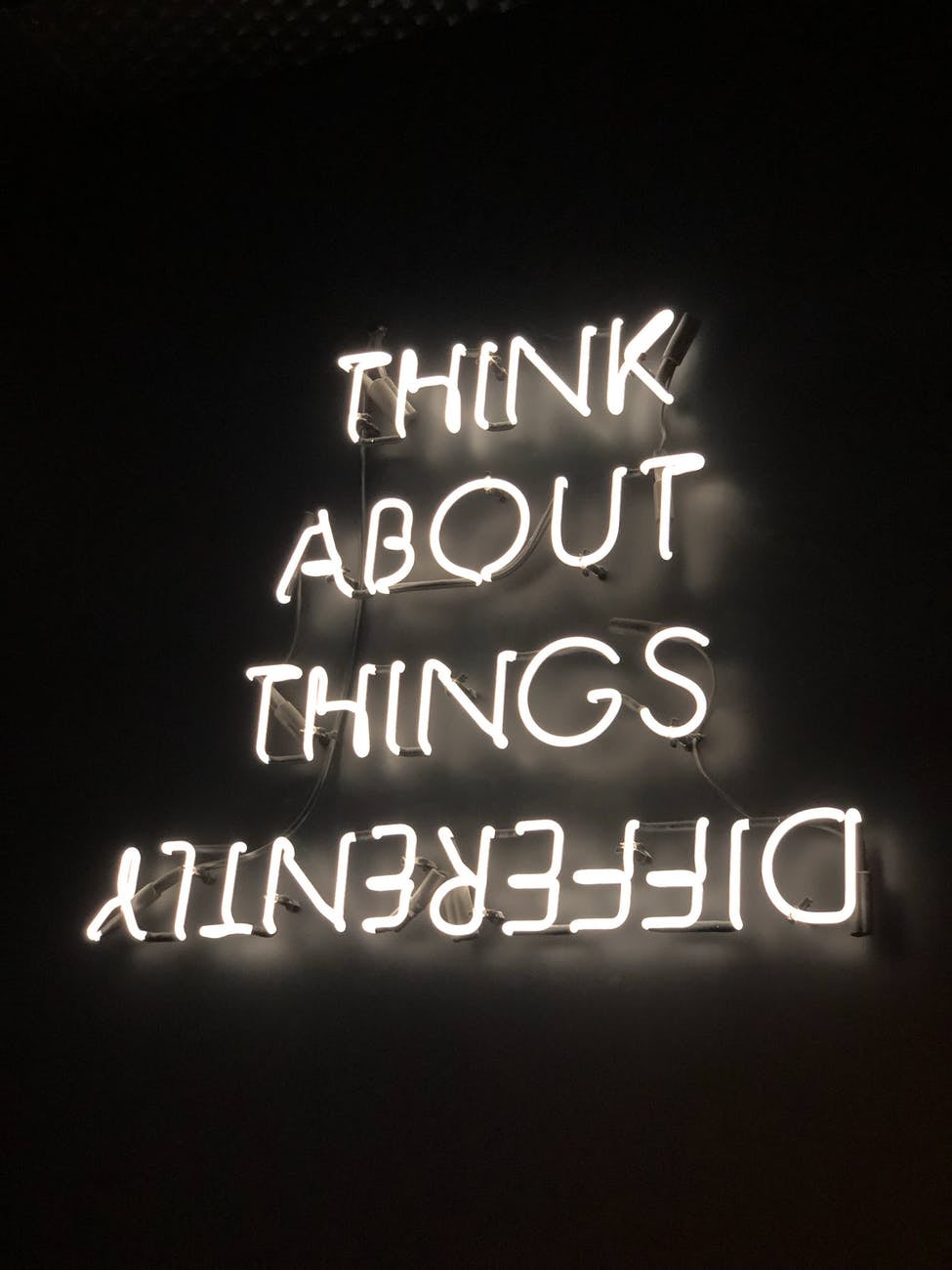The Mountain Is You by Brianna Wiest teaches us how to transform our self-sabotaging habits into self-mastery by looking at how the common denominator or the reason for all of our negative thoughts and feelings that make our lives harder is us. In this way, we can create the life that we hope to have for ourselves including with others. With all of that said, of course, the main takeaway is that we create a lot of the issues that we feel and think about ourselves and the world around us. However, there were also three other takeaways that I took from reading this book.
- There are only five things that can destroy you
-
The first is your health. This includes all three areas of your health: physical, mental, and spiritual. If you aren’t relatively healthy in each of those ways, that can be something that erodes you over time. Physical health entails properly supporting your body’s many functions by exercising daily and swapping any unhealthy foods or eating habits with healthier ones, for example. As for mental health, I’m referring to figuring out if your mental state is stable enough to where it isn’t negatively impacting how you live and go about your day-to-day. Lastly, spiritual health can of course relate to one’s religious beliefs, but can also relate just one’s beliefs, morals, and values in general! In other words, ask yourself whether or not you have a pretty good idea of what you believe in and how going against those beliefs makes you feel, as an example. Think about it…
- Doesn’t your overall health impact how you feel?
- Doesn’t your overall health impact the course of your life?
The second is your relationships. When Wiest talks about relationships, it can be assumed that she’s referring to not only the one you have with yourself, but also with your friends, family, and your romantic partner if that applies to you. Making time for each of those kinds of relationships seems like a great way to make sure that you aren’t feeling drained in your life. Ask yourself:
- Are you happy with the relationship you have with yourself? If not, how can you make that relationship better?
- Are you happy with the relationship you have with others? If not, how can you make that relationship better?
The third is your long-term vision. This one makes sense as it would be referring to one’s long-term goals and ambitions. Basically, any passion projects you are wanting to work on or any hobbies you’re wanting to start and why, yes, but also figuring out a way to no longer wait for those opportunities to approach you. Instead, figure out how to take action to make what you want in your life become a reality. For those who maybe don’t have any long-term vision, start with something short-term like in the next few days or weeks when you are striving for something. This section can ask the following questions:
- Who do you want to be? And surrounded by who?
- What do you want to be doing?
- What’s your end goal? Why?
The fourth is your finances. This one I’ve become pretty passionate about. Even so that it’s taken up most of my ForYou page! This point could also entail a few questions:
- How much are you spending? And on what?
- How much are you saving? And for what?
- Are you investing?
The fifth is your thoughts. You’ve heard of “you are what you eat” but what about “you are what you think”? If not yet, this book will help you in understanding how you and especially your thoughts have the power to completely control your life. Anyone with anxiety, depression or any other mental health disorder will likely tell you that their symptoms result in mental as well as physiological issues that make performing any task difficult. Therefore, what’s not to say that working on your mindset can positively impact your life, right? Identify what kind of mindset you have and work from there… for example, answer the following two questions then make an action plan like implementing a new routine of some kind for yourself.
- Are you a glass-half-full or glass-half-empty kind of person?
- What are some ways that what you think makes you feel negative?
- what true healing looks like
-
I’m sure we’re all aware by now that healing in general isn’t linear; it encompasses many ups and downs along the way, and someday somehow we’ll (hopefully) be healed. But ever wonder what true healing even looks like? Like how do we know we’ve reached that point of being “fully healed”? Well, the book states that being completely healed looks like no longer placing anyone’s life above your own as you know that everyone is taking care of themselves. With that said, you’re likely to stop tolerating the things that before you were tolerating for a number of reasons. For example, if you found that being around a specific person made you feel uncomfortable, the healed you are likely to take action in no longer having that discomfort persist or have the possibility to occur without fear of maybe hurting that person’s feelings. So I guess it is true that, as selfish as it may seem, putting yourself and your life first can, in the long run, be what’s best for you and is what true healing looks like.
- acknowledging an emotion makes it go away
-
Of course, there have to be some exceptions to this as there are a plethora of uncontrollable symptoms and side effects when it comes to any mental health struggle as well as any medical help or advice. Nonetheless and likely what makes meditating so effective for a lot of people, acknowledging an emotion you are feeling can make it go away. Similar to sitting with an emotion or a thought where you’re actively troubleshooting why you’re thinking or feeling the way that you are, acknowledging a negative thought that arises, for example, makes it go away because rather than feeding it you just realized it was there and told it that it has no place weighing you down.
But, doesn’t acknowledging an emotion make the emotion true?
This was a common question I had asked myself when I first learnt about acknowledging my emotions. This was because, a lot of the time, we receive thoughts and emotions that are not true and that we don’t want to believe for many different reasons. Therefore, I searched the web to best answer that concern and I found this article titled How Accepting Emotions Can Improve Emotional Health by Very Well Mind. It talks about “emotional acceptance” without resigning one’s self to pain, as well as why and how to accept emotions as it has been proven to be very helpful. This article dives into the topic of Borderline Personality Disorder (BPD) to best encapsulate how those with that disorder, along with other people who don’t but still face the common issue of accepting intense emotions, can benefit from accepting it. It’s important to note that accepting doesn’t mean you are making the emotion true and, in that way, dictate your life. It’s the opposite, where acknowledging and accepting your emotions will result in you having more control over how you feel and how to effectively deal with those feelings.
How do you acknowledge an emotion?
- Listen to the emotion and realize that it’s not the truth;
- Think or say out loud toward your negative feeling by saying or thinking things like “you have no place here” or “thanks, but no thanks” to that negative feeling;
- Meditate, practice deep breathing, and/or change your perspective by saying positive affirmations or truths to and about yourself that uplift you rather than tear you down.
so the mountain is you?
Yes, and the same applies to me too! All in all, Brianna Wiest gives a deep look into how society works from within above all else where we, as individuals, self-sabotage and don’t even know it! Better yet, we use our self-sabotaging habits as a weakness that controls our lives in a negative way by making us feel less about ourselves and that everyone feels the same, for example. In reality, it’s important to use our shared, and at times unconscious, self-sabotaging antics as a superpower that allows us to gain control in our everyday lives which includes our feelings, healing journeys, thoughts, finances, long-term visions, relationships, and overall health.



